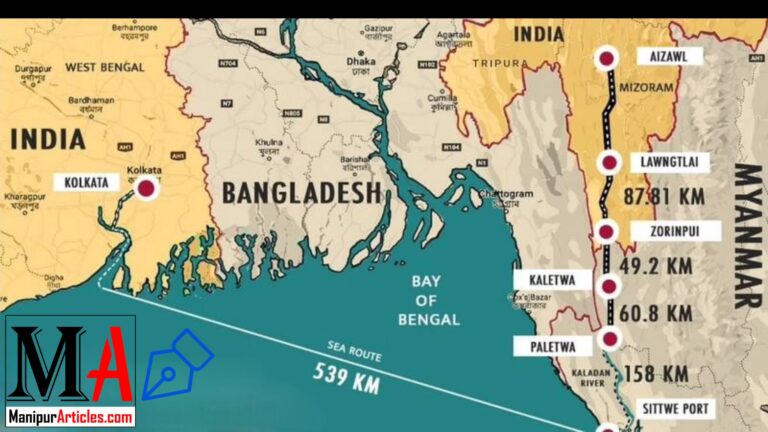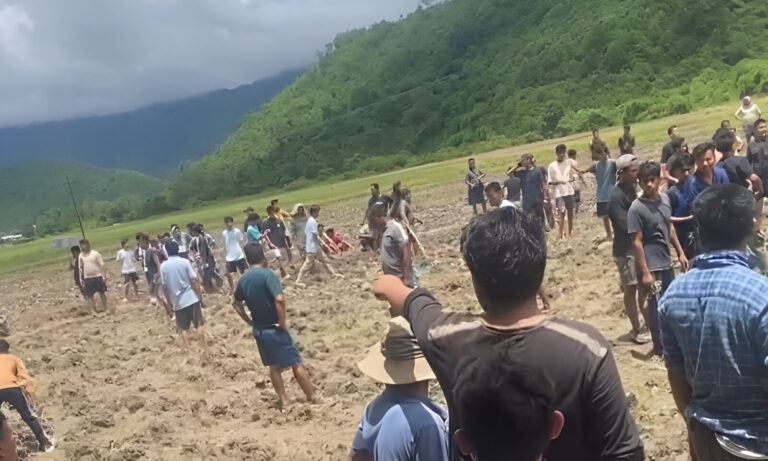Returning Home for Ningol Chakkouba: Manipur’s Displaced Families Seek Meaningful Reunion
Introduction
Ningol Chakkouba, one of Manipur’s most cherished holidays, brings family members together for food, love, and blessings. But this year, many in Manipur can’t return to their homes due to violent displacement in early May. This article dives into the plight of these families, their longing for home, and what this holiday symbolizes.
Understanding the Displacement Crisis in Manipur
Since May, thousands have been uprooted due to ethnic conflicts in Manipur. Forced to abandon their villages, these families now live in temporary camps, stripped of familiarity, comfort, and cultural connection. For women especially, displacement during a holiday meant for reunions cuts deeper.
Ningol Chakkouba: A Holiday of Reunions and Traditions
Ningol Chakkouba, celebrated mainly by the Meitei community, is about reconnecting and appreciating family bonds. Married daughters return to their parental homes, where they are greeted with feasts and gifts, celebrating family unity. The holiday is symbolic of love and togetherness, elements sorely missed by those living in temporary shelters.
The Emotional Appeal of Manipur’s Women
In the midst of this displacement, women like Takhellambam Ibeyaima and Mutum Bijeta have spoken out. Their appeal isn’t for financial assistance or temporary relief. Instead, they are requesting the right to return home—a return to normalcy and peace as their holiday gift.
Life in Temporary Camps
Living in temporary camps means sacrificing more than just physical space. Many women in these camps experience heightened emotional and mental strain. The homes they left behind represent memories, family heritage, and the life they had once cultivated.
Struggles Beyond the Physical
For the displaced families, camps aren’t homes; they are shelters stripped of personalization and warmth. The Ningol Chakkouba holiday, which should be filled with personal touches, family heirlooms, and a sense of belonging, now feels hollow in these temporary settings.
Why Returning Home Matters More Than Financial Aid
While aid provides temporary relief, it doesn’t replace a home. For Manipur’s displaced families, financial help feels inadequate against the desire to return home. Their message is clear: they seek restoration, not compensation. The physical act of returning home for Ningol Chakkouba symbolizes a healing and reconnection that no monetary support can replace.
Conclusion
The displaced families in Manipur dream of a return to normalcy, to their homes, and to the traditions they hold dear. This Ningol Chakkouba, their appeal is for more than aid; it’s a call to return to family, love, and tradition.
FAQs
- What is Ningol Chakkouba, and why is it significant in Manipur?
- Ningol Chakkouba is a family-centric festival in Manipur, celebrating love, family unity, and cultural traditions.
- Why are families in Manipur displaced?
- Ethnic violence in Manipur has forced many families from their homes, leading them to live in temporary camps.
- What do the displaced women want for Ningol Chakkouba?
- They wish to return to their homes as their holiday gift, seeking emotional reunion over financial aid.
- How does living in camps affect displaced families?
- Camps provide shelter but lack the warmth, personalization, and comfort of home, especially during culturally significant holidays.
- Is financial aid enough for the displaced families?
- Financial aid provides temporary relief, but families prioritize returning to their homes and rebuilding their lives.



